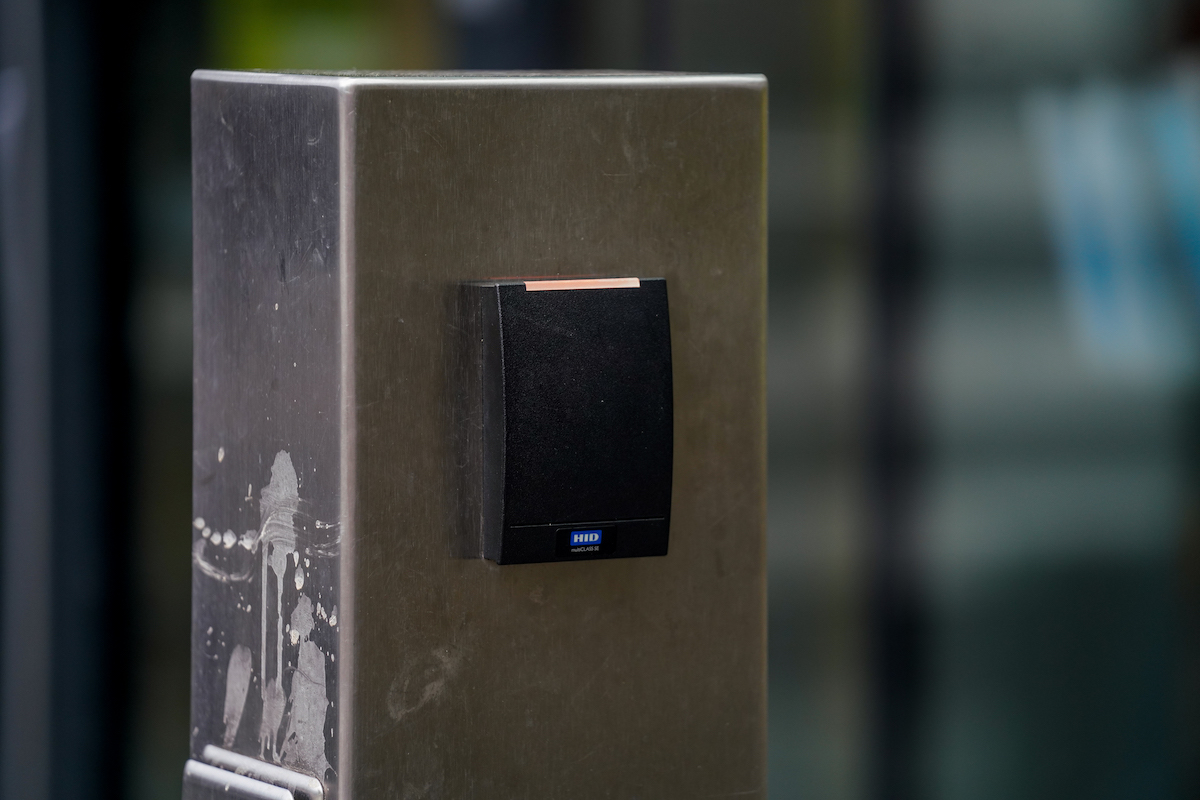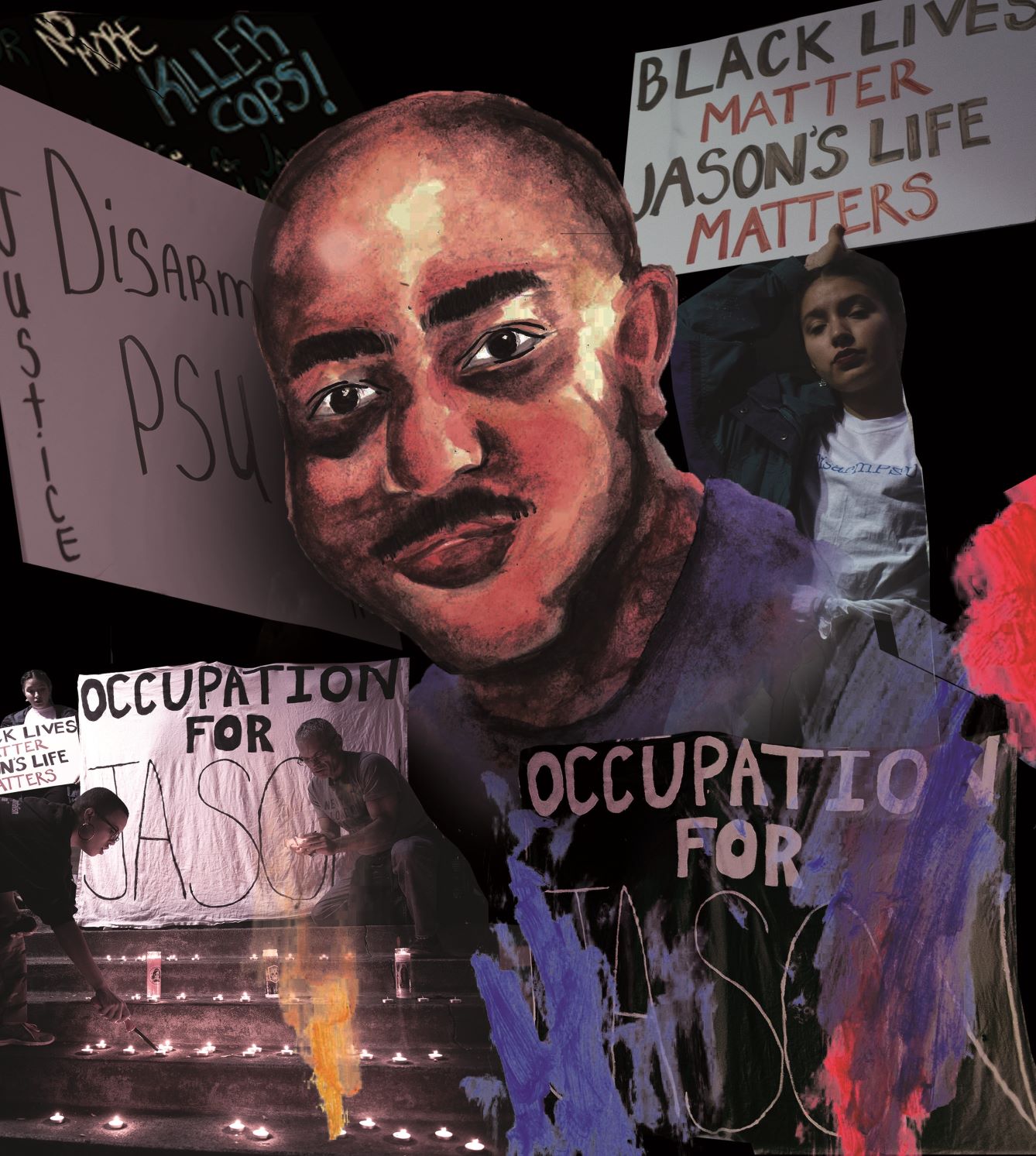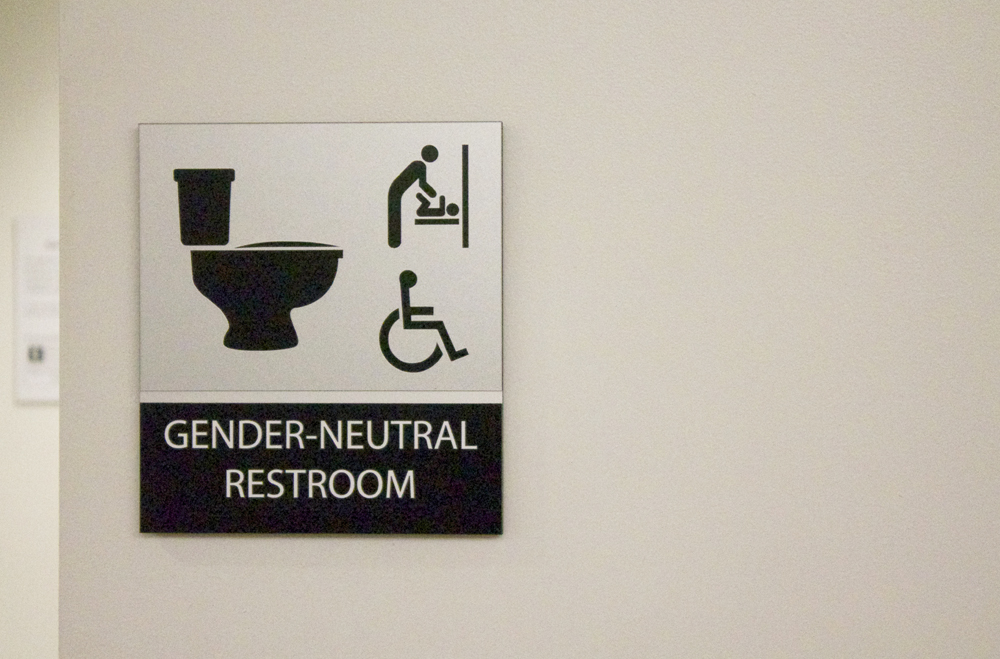The University Policy Committee revised a policy on July 31 regarding how students, staff and the public access campus buildings. These changes would consolidate control over access to the Campus Public Safety Office (CPSO) and will apply to all card readers responsible for unlocking doors to campus buildings.
The policy responsible is called the Electronic Access Control Policy. Initially revised on Dec. 17, 2019, this policy aimed to establish hours for Portland State staff, students and faculty to access campus buildings. The policymakers’ goal is to consider safety, prevent crime and establish procedures for when crimes involving campus buildings occur.
This summer’s policy revision changed the wording in some parts of the policy, defining the organization controlling the policy as the CPSO.
CPSO has become a figure of controversy among the PSU population in light of the recent rearming of campus police officers. As such, public comments expressed concerns about how putting the CPSO in charge of student access to buildings could bring about issues.
One primary goal of the policy revision is to streamline building hours of operation by putting one agency in charge of setting, maintaining and posting them. CPSO now keeps updated hours of operation for campus buildings on a website which students, staff and faculty can access.
“From my perspective, [it] was trying to make things more consistent,” said Caitlyn Phipps, the representative for the committee. “You can view [going to a website] as a hassle, but I would rather be able to go to one location and have those hours be correct.”
The approach received mixed responses from students and faculty during the public outreach process of the decision. A variety of stakeholders questioned the updates to the policy.
“PSU needs to feel like a normal university, and students need late-night access without applying for special permission,” one anonymous commenter stated. “Limiting access and shifting it to the arbitrary decision of the CPSO is not a good idea at all.”
Another self-identified PSU staff member scrutinized the new policy for not reflecting the student body’s needs. “This policy change in my opinion is not student centered…” they stated. “All PSU buildings should have the same access and the same hours which is student centered.”
Public commenters also expressed concerns regarding the restrictions on staff members’ access to buildings.
“[I] have personally often wondered why we constrain employee and faculty access to the extent that we do,” said Michael McNerney—the officer in charge of handling public feedback on the policy—in response to concerns about staff access. “It is fairly unusual in the higher ed space. I will raise the question, and propose loosening that language to allow us to broaden access where appropriate for all community members based on the needs and functional requirements of each user group.”
Earlier this year, a flier was posted around campus criticizing the policy revision.
“PSU is planning to close all the campus buildings at night, and lock student[s] out unless they get special permission,” the flier stated. “Currently, all active PSU students have after-hours access by default to most campus buildings. Under this policy, we lose it.”
Phipps responded that this may result from incorrectly posted building-access hours. “Previously I believe we had some hours that were not consistent,” Phipps said. “So we got rid of that language.”
Whether or not students currently have access to buildings after-hours depends. For example, Shattuck Hall is open to architecture students 24/7, but students outside of that discipline cannot scan in using their cards.
“The last step in the policy process… both the president and the general counsel sign the policy,” Phipps said. Until that happens, the policy is not yet in effect.
CPSO did not respond to requests for comment on the issue.






